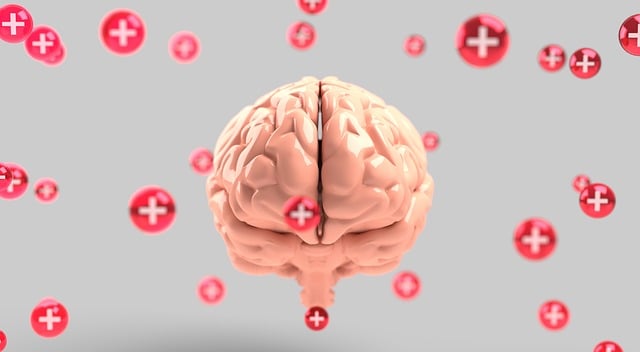Mental health data collection for young adults involves recognizing their unique pressures, such as academic and career stressors, which can lead to heightened emotional difficulties. Through therapy sessions and couples counseling, structured assessments and open discussions identify trends and coping mechanisms. Analyzing this data is key to developing targeted interventions like couples counseling and therapy for young adults, enhancing self-awareness exercises, and personalizing care to address their specific mental health needs. Combining structured interviews with quantitative surveys ensures a comprehensive understanding of individual experiences, guiding tailored wellness coaching and trauma support services.
Mental health data analysis is a burgeoning field, especially in the context of therapy for young adults and couples counseling. This article delves into the crucial aspects of understanding, collecting, analyzing, and interpreting mental health data specific to this demographic. We explore methods from qualitative to quantitative techniques, considering ethical collection practices. By uncovering patterns through advanced analysis, therapists can tailor personalized approaches, ultimately enhancing the effectiveness of couples counseling and improving outcomes for young adults navigating mental health challenges.
- Understanding Mental Health Data Collection for Young Adults
- – The importance of data in mental health care for young adults
- – Methods and tools for gathering relevant data
Understanding Mental Health Data Collection for Young Adults

Understanding Mental Health Data Collection for Young Adults begins with recognizing their unique challenges and needs. This demographic often faces pressures from academic demands, career aspirations, and social expectations, which can contribute to heightened stress levels and emotional difficulties. Therefore, effective data collection methods are essential to gain insights into their mental health landscape.
Therapy for young adults, coupled with couples counseling where applicable, plays a pivotal role in gathering qualitative and quantitative data. Through open-ended discussions and structured assessments, professionals can identify emerging trends and patterns in mental health experiences. This includes exploring factors that contribute to stress management or the development of coping skills, ultimately leading to emotional well-being promotion techniques tailored to this specific population.
– The importance of data in mental health care for young adults

Mental health data analysis plays a pivotal role in understanding and improving care for young adults. By leveraging data, mental health professionals can gain valuable insights into trends, patterns, and risk factors that impact this demographic. This enables them to tailor interventions and therapies more effectively, such as Couples Counseling, which has shown promise in addressing relationship challenges contributing to mental health issues among young adults.
Self-Awareness Exercises and Coping Skills Development are key components of therapy for young adults. Data analysis helps identify areas where these interventions can be enhanced or customized based on individual needs. Moreover, Risk Management Planning for Mental Health Professionals benefits from data-driven insights, allowing them to proactively mitigate potential risks and improve patient outcomes. This comprehensive approach ensures that mental health care is evidence-based, personalized, and ultimately more effective in supporting young adults’ well-being.
– Methods and tools for gathering relevant data

Mental health data collection involves a multifaceted approach to capture the complexity of individual experiences and behaviors. Researchers and professionals employ various methods to gather relevant information, ensuring comprehensive insights into mental wellness. One key method is structured clinical interviews, where trained therapists or counselors engage clients in detailed conversations to assess symptoms, thoughts, feelings, and behaviors. These interviews provide rich qualitative data, offering a nuanced understanding of individuals’ journeys towards recovery.
Additionally, quantitative surveys and questionnaires are widely used to collect data on larger scales. These tools measure mental health outcomes through standardized questions, enabling the comparison of results across different populations. For instance, screening questionnaires can quickly identify individuals seeking therapy for young adults or couples counseling, while specialized forms assess specific conditions such as anxiety, depression, or trauma. Integrating these data collection methods allows for a holistic view of mental wellness, informing the development of tailored mental wellness coaching programs and trauma support services. Moreover, by utilizing empathy-building strategies in therapy sessions, professionals can foster open communication, enhancing data quality and ensuring personalized care.
Mental health data analysis is a powerful tool to improve therapy outcomes for young adults. By understanding the importance of data collection and utilizing appropriate methods, such as digital assessments and self-reporting tools, we can gain valuable insights into the mental well-being of this demographic. This knowledge enables more personalized and effective couples counseling strategies, ensuring that interventions are tailored to the unique needs of young adults. Through continued research and implementation of evidence-based data practices, we can enhance access to quality mental health care, ultimately fostering better lives for those seeking support.











